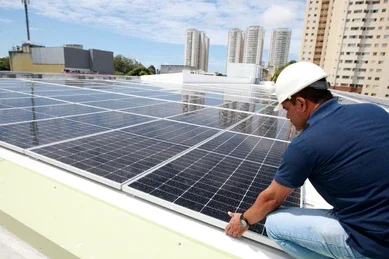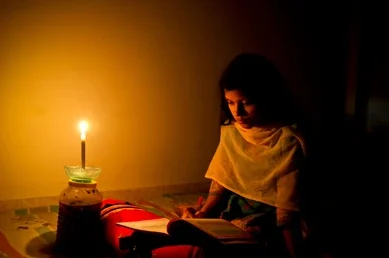
Ethiopia faces a pressing challenge of limited access to clean electricity, especially in rural regions, compounded by a heavy reliance on traditional biomass for cooking. This dual dependency hampers economic development and poses significant health risks. The need for sustainable energy solutions is urgent, as it impacts livelihoods, education, and environmental sustainability. Addressing these issues is crucial for fostering a healthier, more empowered population and achieving long-term growth.

In Brazil, marginalized communities face limited energy access, while the country’s dependence on hydropower makes it vulnerable during droughts. These challenges threaten energy security and equity. Diversifying clean energy sources is crucial to safeguard stability and inclusion.

Aging infrastructure and coal dependency in South Africa result in unreliable electricity and rising costs, worsening inequality and straining the economy. A bold transition to sustainable energy is vital to ensure affordable, reliable power for all.

Widespread energy shortages in Bangladesh, especially in rural areas, force reliance on biomass for cooking, harming health and the environment. This dependency perpetuates poverty and restricts development. A shift toward renewable energy is essential for cleaner, healthier living conditions.

Nigeria faces a critical energy crisis, with approximately 45% of its population lacking access to reliable electricity. Frequent outages and exorbitant costs stymie economic growth and limit opportunities for development. This dire situation hinders productivity and exacerbates poverty levels across the nation. Innovative solutions are urgently needed to transform Nigeria’s energy landscape for sustainable progress.

